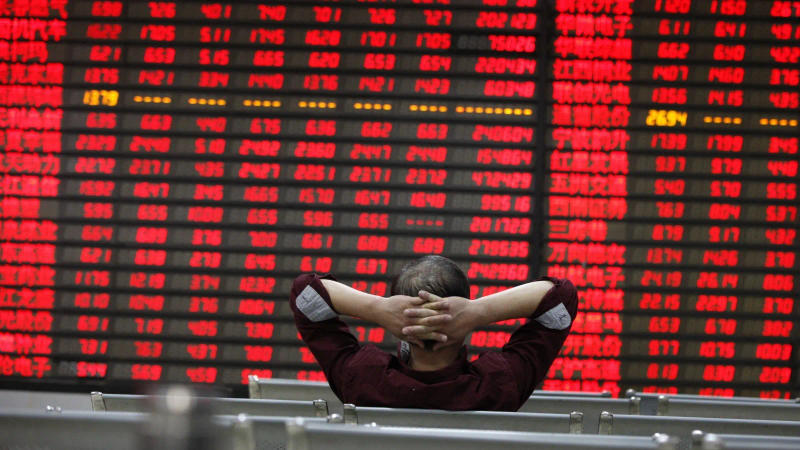Published 07:20 IST, September 30th 2024
Japan's Nikkei plunges 4% on stronger yen after Ishiba win
The Nikkei .N225 traded 4.11 per cent lower at 38,191.13 as of 0020 GMT, while the broader Topix index .TOPX shed 2.9 per cent.

Nikkei slips: Japan's benchmark Nikkei share average tumbled more than 4 per cent on Monday in reaction to a sharply stronger yen after perceived monetary policy hawk Shigeru Ishiba won the contest to become the country's prime minister.
The Nikkei .N225 traded 4.11 per cent lower at 38,191.13 as of 0020 GMT, while the broader Topix index .TOPX shed 2.9 per cent.
Japanese government bond yields jumped, with the yield on benchmark 10-year notes JP10YTN=JBTC opening 5 basis points higher at 0.855 per cent.
A known critic of the Bank of Japan's extraordinary stimulus of the previous decade, Ishiba beat monetary-policy dove Sanae Takaichi in a close contest on Friday that was decided after share markets had already closed. He is due to become premier on Tuesday.
Ishiba's current stance is less clear, as he told national broadcaster NHK at the weekend that "monetary policy must remain accommodative as a trend given current economic conditions."
At the beginning of August, he had said the BOJ "is on the right policy track" following a pair of interest-rate hikes this year.
The yen surged about 1.9 per cent on Friday and reached the highest since Sept. 20 at 142.04 per dollar JPY=EBS in early trading on Monday. Since then though, it retreated about 0.33 per cent to last change hands at 142.66 per dollar.
A stronger currency weighs on revenue at Japan's many heavyweight exporters, and also makes Japanese equities more expensive for overseas investors.
Mizuho Securities strategist Shoki Omori said he expected that following the initial market adjustment, volatility would subside quickly.
"Feels like in terms of FX, yen repriced itself already and there's not so much of a risk of, say, USD/JPY going down from pure Japanese politics going ahead," Omori said.
"It's more about other currencies, especially the greenback."
Updated 07:20 IST, September 30th 2024